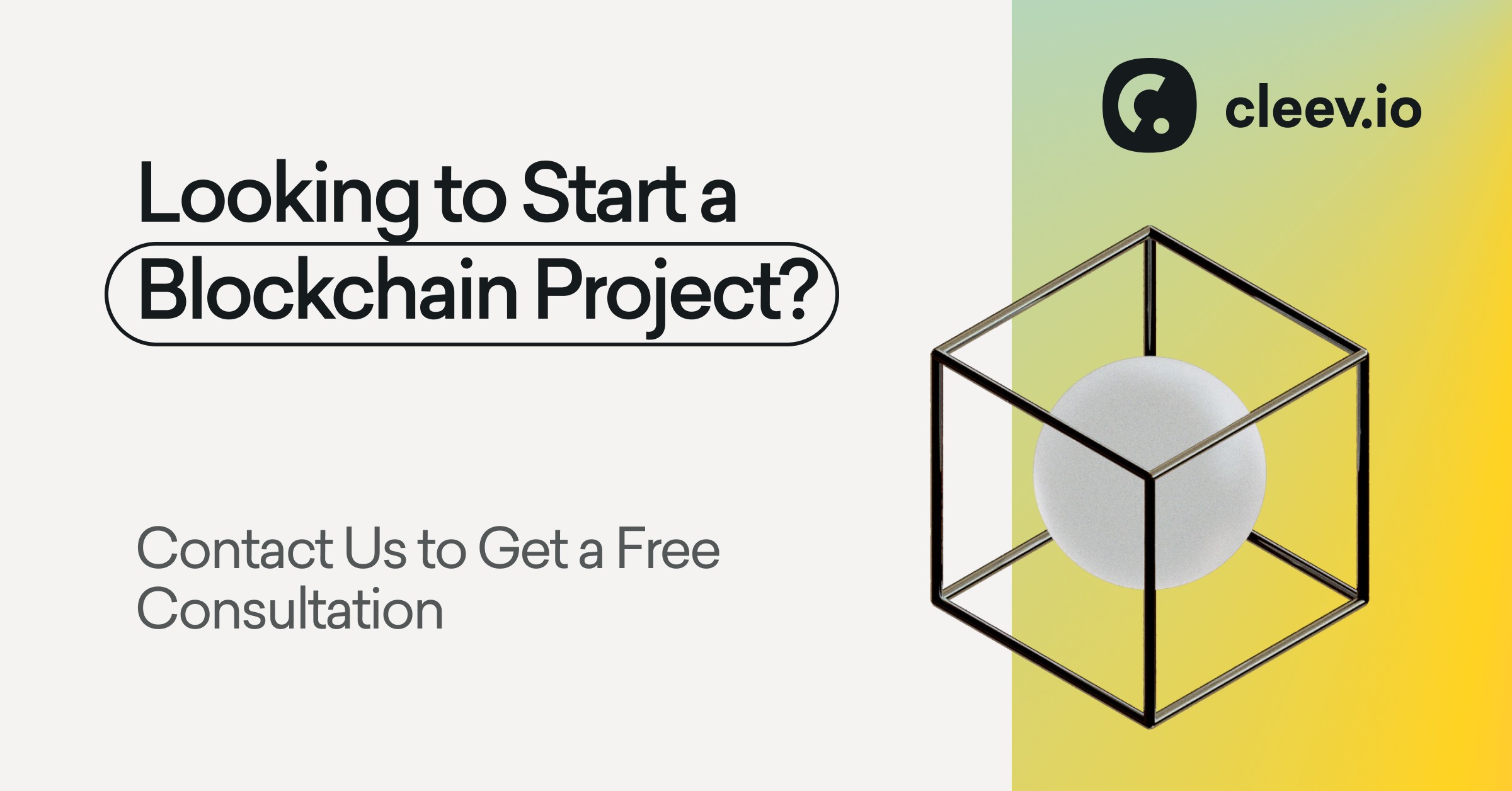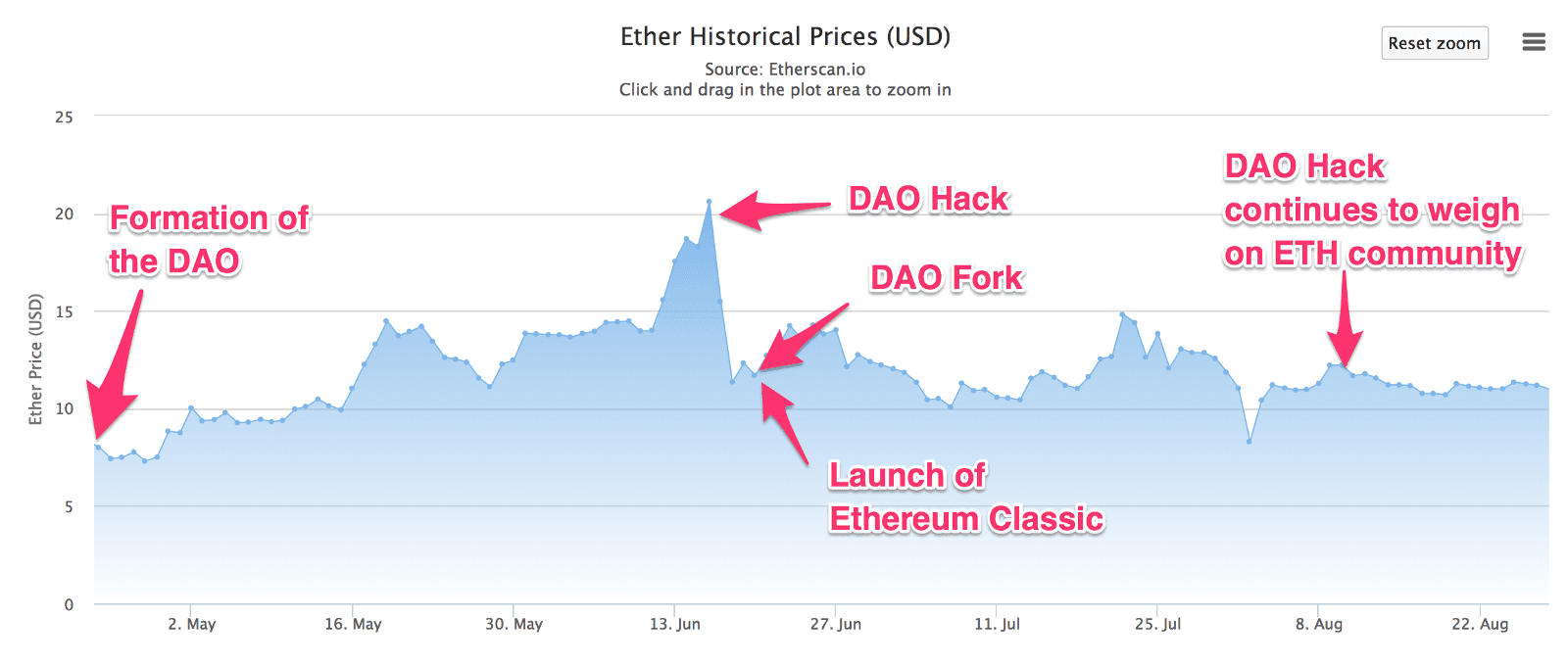Importance of Audits in Web3 Development
Aug 31, 2023
Jan Hetfleiš
In recent years, blockchain technology has been widely adopted in various industries. One of the unique aspects of blockchain technology is its decentralized nature, which provides security, transparency, and immutability. However, despite its many benefits, blockchain technology is not foolproof. It is vulnerable to attacks, errors, and bugs. That is where audits come in. Audits play a vital role in maintaining the integrity and security of blockchain technology, which makes them an indispensable part of the development process. There are still instances of founders rushing into the launch of their projects without the benefit of an audit, and this can have serious consequences. This article explores the importance of audits in blockchain development and their significance in building trust in the blockchain ecosystem.
Understanding Web2 and Web3 Development
Web2 development refers to the traditional web development stack, where developers build centralized applications that operate using a client-server model. The client sends requests to the server, which processes and responds to them. Bug fixes can be easily implemented in this stack.
On the other hand, Web3 development involves building decentralized applications (DApps) on top of blockchain technology. DApps operate using a peer-to-peer network, where each node on the network has an identical copy of the ledger. Smart contracts (code that DApps use and automatically execute actions) are immutable, meaning once deployed, they cannot be changed. This makes thorough auditing even more critical in Web3 development to identify any potential vulnerabilities that may exist in the code before deployment.
The key difference between Web2 and Web3 development is that the latter enables the creation of trustless applications by eliminating the need for intermediaries. This empowers users and enhances security, but also requires more rigorous development processes, such as in-depth audits.
Audits can also help developers ensure compliance with regulations and industry standards. By conducting audits, developers can identify and rectify any non-compliant code before deployment, avoiding potential legal consequences in the future.

Real-World Examples of the Need for Audits
The lack of audits in blockchain development can expose users to significant risks, as seen in some high-profile hacks like the DAO hack, Harvest finance hack, or the Ronin hack.
The DAO hack, which occurred in 2016, resulted in the loss of millions of dollars in Ether. This hack exploited a vulnerability in the smart contract code and highlighted the need for rigorous audits of smart contracts before deployment. DAO hack had a significant impact on Ether price and led to an Ethereum fork.

Source: https://pontem.network/posts/history-of-ethereum
The Harvest finance hack, which happened in 2020, led to the loss of over $24 million in funds. This attack was caused by a flash loan exploit, which was only identified after the hack occurred. An audit before deployment could have identified this vulnerability and prevented this attack.
The Ronin hack, which happened in 2021, led to the loss of over $8 million in cryptocurrency. This hack exploited a vulnerability in the code of the Ronin wallet and highlighted the need for ongoing audits of blockchain projects to identify and address any potential vulnerabilities.
The DAO hack, Harvest finance hack, and Ronin hack are just a few examples that demonstrate the critical need for thorough audits during the development process of blockchain projects. Without these audits, users and investors can be left vulnerable to attacks and financial loss.
Best Practices for Auditing Blockchain Projects
When it comes to auditing blockchain projects, there are several best practices that should be followed to ensure a thorough and effective audit. These best practices include:
Selecting Experienced Auditors:
It's important to choose auditors who have a strong understanding of blockchain technology and experience in auditing blockchain projects. This will ensure that they are able to identify all potential vulnerabilities and provide appropriate recommendations for improvement. Contact us if you need a recommendation for a trusted auditor.
Performing Thorough Testing:
Auditors should conduct a comprehensive review of the blockchain project's code, contracts, and other relevant documentation to identify any potential risks or vulnerabilities. This should include both automated and manual testing methods.
Documenting Findings:
All audit findings should be thoroughly documented, including any potential risks and recommended solutions. This will help ensure that all stakeholders have a clear understanding of the audit results and are able to take appropriate action to address any issues.
Implementing Necessary Improvements:
Once the audit is complete, it's important to implement any necessary improvements or recommendations based on the findings. This will help ensure that the blockchain project is secure and reliable, and that all stakeholders can have confidence in the system.
By following these best practices, blockchain projects can conduct effective audits that identify potential risks and vulnerabilities, and provide recommendations for improvement. This can ultimately help enhance security, ensure compliance, and promote transparency, leading to greater user confidence in the blockchain ecosystem.
Conclusion
In conclusion, audits are an essential aspect of blockchain development. They ensure the security, transparency, and reliability of decentralized applications and promote user trust. With the increasing adoption of Web3 technologies and smart contracts, the need for thorough audits has become more critical than ever before.
When auditing blockchain projects, it is crucial to follow best practices like selecting experienced auditors, performing thorough testing, documenting findings, and implementing audit recommendations. By doing so, developers can ensure that their projects meet compliance standards and establish trust with their users.
At Cleevio, we don't take audits lightly. We work with trusted auditing companies to ensure our customers have a secure and error-free delivery.
Building successful
products.together.
© 2008—2023 Cleevio
Lesnicka 1802/11
613 00 Brno
Mississippi House
Karolinska 706/3
186 00 Prague
Prague office
Brno office
CIN 18008844

